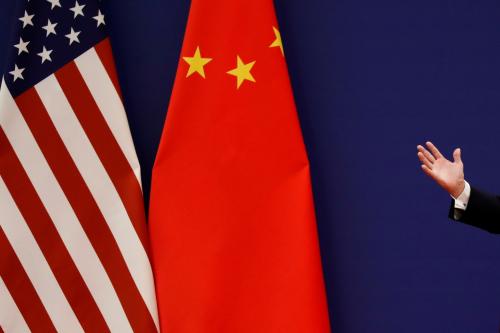
How does the Chinese leadership view the U.S.-China relationship? How will that affect how the U.S. responds?
Actionable U.S.-China policy recommendations for the incoming U.S. presidential administration.
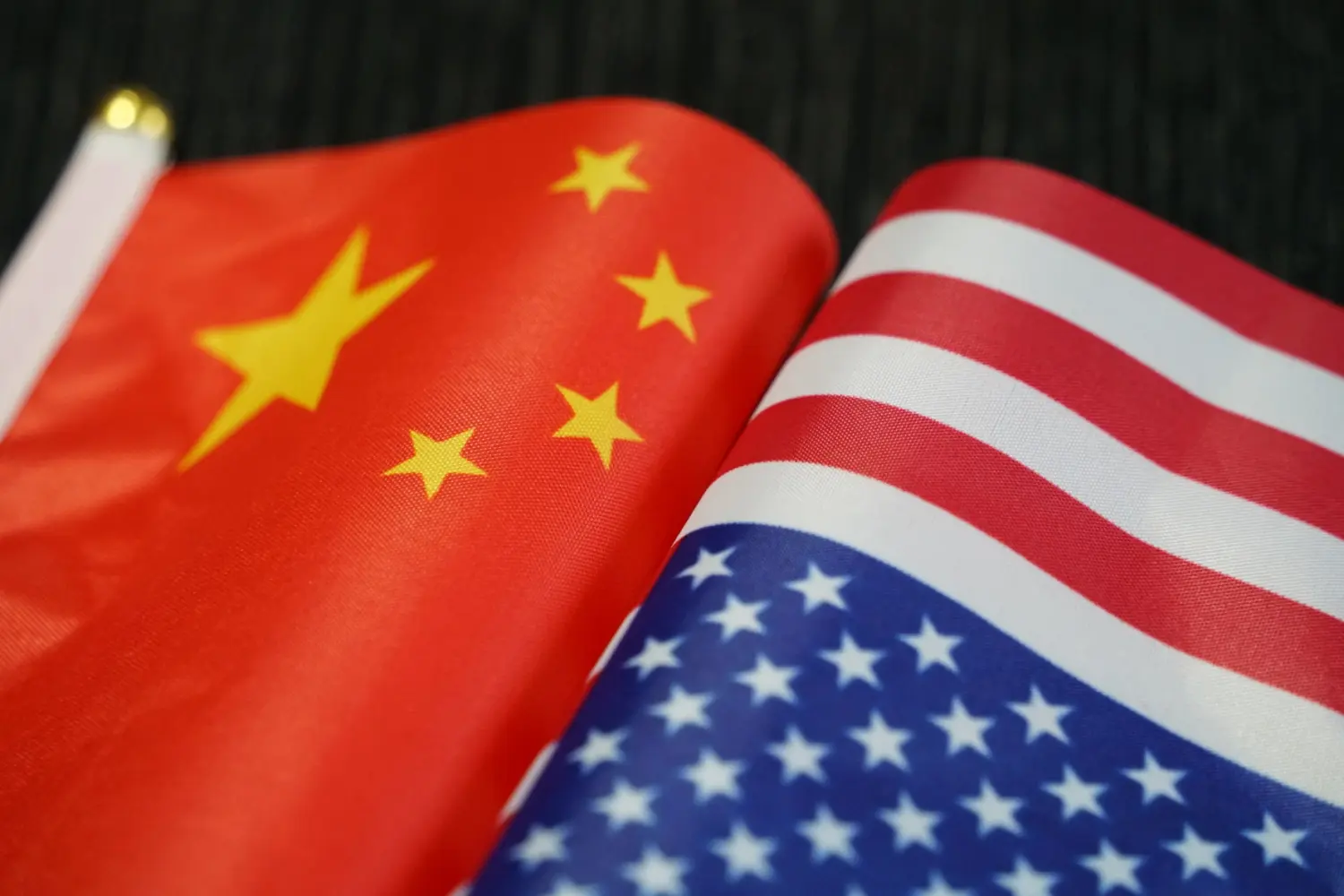
China is often viewed as an all-encompassing challenger to American interests and values. Such expansive framing of the China challenge often does more to conceal than clarify what interests America must prioritize. This project seeks to generate more granular analysis of what vital interests the United States must protect in specific areas of the bilateral relationship and what strategies and specific tools would be most effective for doing so. The purpose of the project is to develop actionable policy recommendations for the incoming U.S. presidential administration. In the seven months leading up to the new administration, interdisciplinary teams of experts convened in each of the following functional areas to define the specific problems or challenges that China’s actions and ambitions pose for American interests, narrow in on America’s objectives in each domain, and identify strategies and tools for protecting the objectives.

How does the Chinese leadership view the U.S.-China relationship? How will that affect how the U.S. responds?
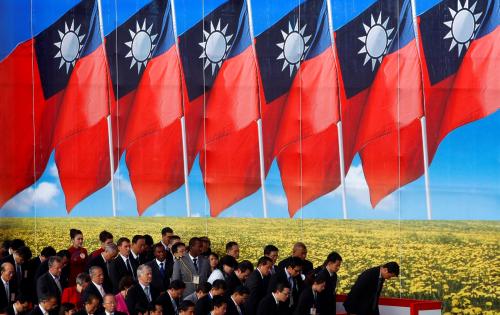
What more should the United States do to strengthen deterrence and limit risks emanating from either the PRC or Taiwan to peace and stability in the coming four years?
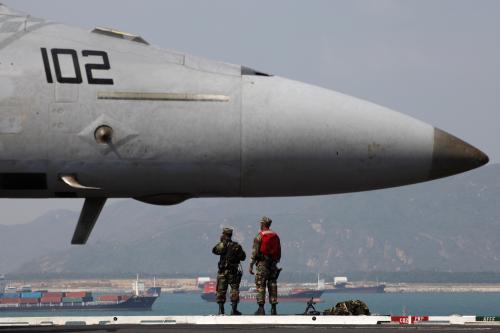
What comes after primacy? What strategic concept(s) would best position the United States to preserve its vital interests in Asia in a shifting balance of power?
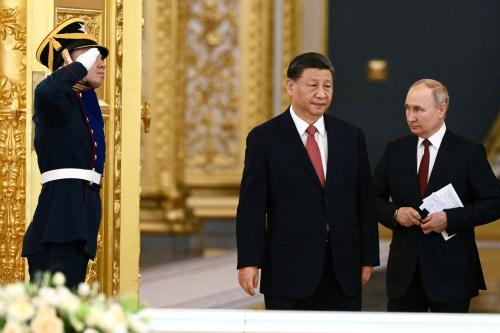
How should the United States approach the Sino-Russian relationship? What does the United States and its partners most need to achieve/avoid?
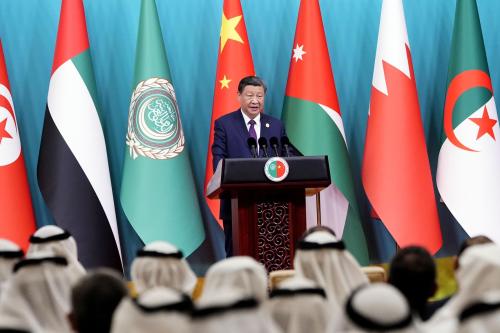
Where are U.S. and Chinese interests in conflict and in alignment in the region? How should the United States approach competition with China in the Middle East?
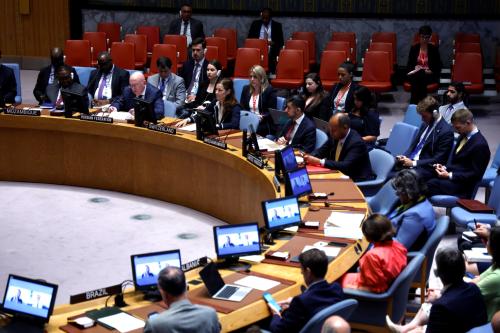
How should the United States approach China and the multilateral order?
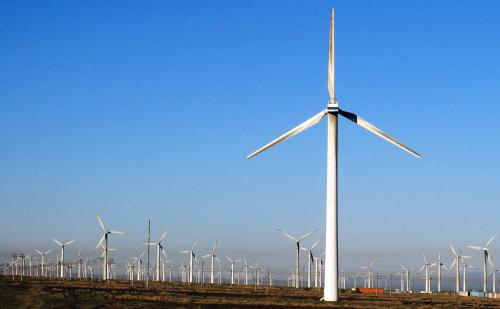
What should serve as America’s goals in the technology of clean energy transition? What type of interaction with China would be needed to meet these goals?
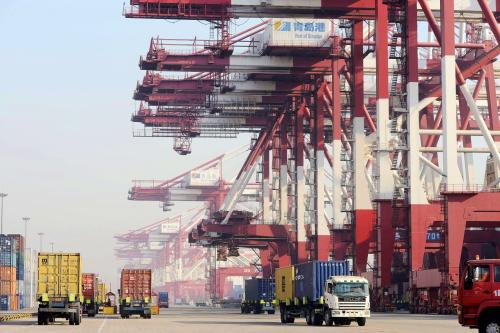
How can the United States and its partners deal most effectively with Chinese overcapacity? How should the United States properly scope the concept of de-risking?
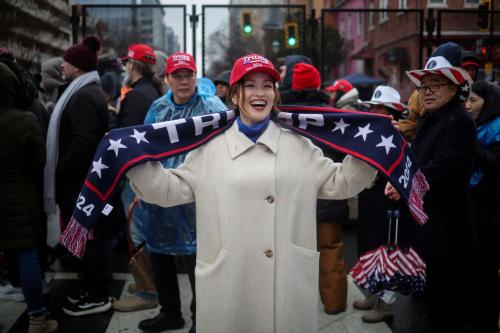
Ryan Hass
January 28, 2025
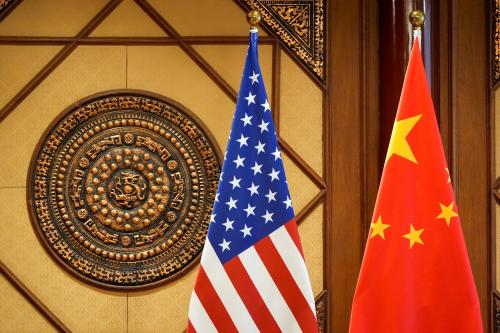
Jonathan A. Czin
January 6, 2025
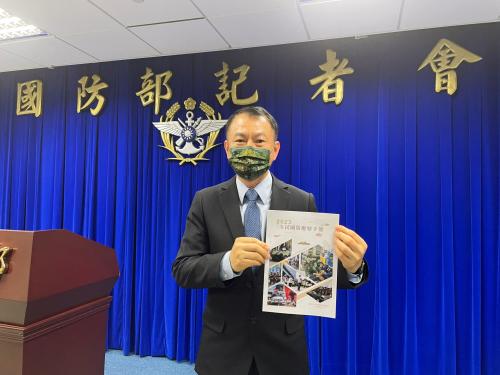
Drew Thompson
December 6, 2024
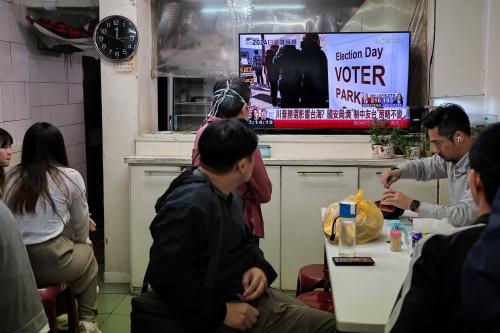
Ryan Hass
November 22, 2024

Richard C. Bush
November 8, 2024

Melanie W. Sisson, Dan Patt
December 20, 2024

Patricia M. Kim, Aslı Aydıntaşbaş, Angela Stent, Tara Varma, Ali Wyne
March 6, 2025
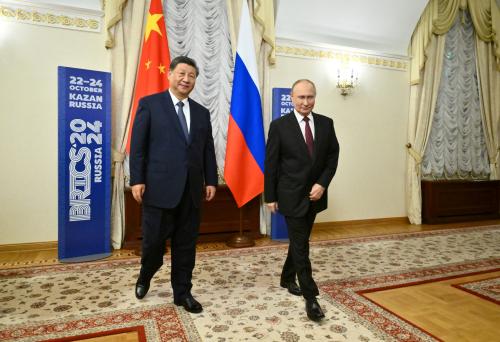
Patricia M. Kim, Aslı Aydıntaşbaş, Angela Stent, Tara Varma
December 16, 2024
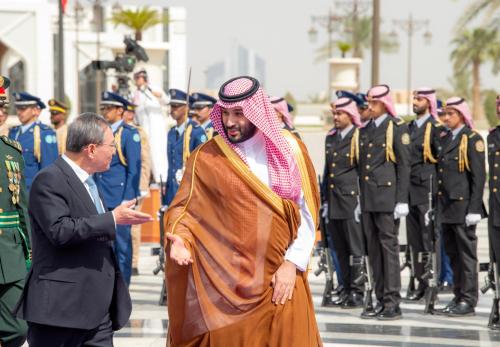
Yun Sun
December 19, 2024

R. David Edelman
August 11, 2025
2025
The Brookings Institution, Washington D.C.
Monday, 11:30 am - 12:30 pm EST

Jeffrey Ball
January 13, 2025
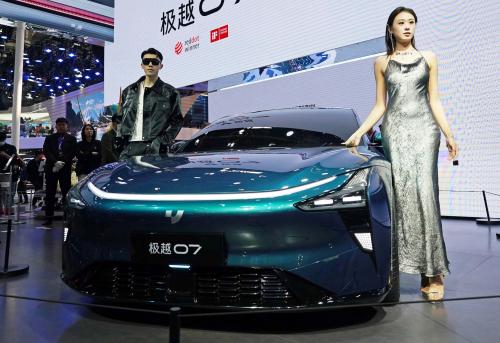
Samantha Gross, Louison Sall
January 13, 2025
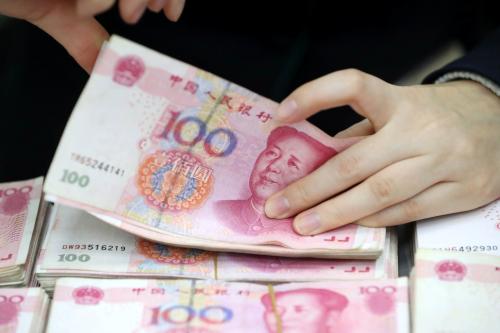
Robin Brooks
March 28, 2025

Joshua P. Meltzer, Margaret M. Pearson
December 19, 2024